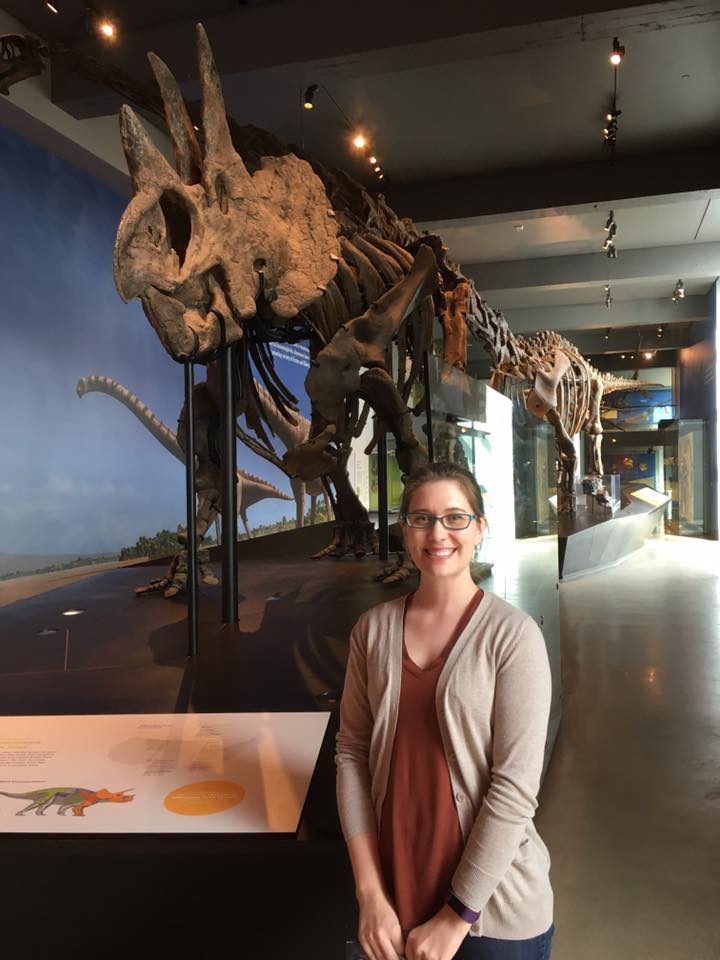We’re excited to share a series of updates on the development of our forthcoming book, Scholarly Communication Librarianship and Open Culture: Law, Economics, and Publishing (ACRL). More specifically, on the third and final unit, “Voices from the Field,” which consists of short practical pieces by practitioners engaged in scholcomm and related work, intended to provoke reflection and discussion. “Voices” is further divided into Perspectives, Intersections, and Case Studies. This is an update on the Case Studies contributions. A similar post for Perspectives was shared on 7/20/20, and another on Intersections will be posted soon.
When we issued the CFP in November, we really had no idea what the response might be. We ended up with more great ideas than we had room for, which was both wonderful and heartbreaking. In the end, we did our best to balance various considerations and selected 26 proposals to move forward. Honestly, all of the proposals were great and deserve development. Now that we’re seeing all those selected wrapping up towards final drafts, we couldn’t be happier with them! It’s so exciting to see all these excellent ideas come together, and to be able to provide a platform for them!
From the CFP:
Case Studies present stories and lessons learned drawn from experience. Case Studies should provide specific, contextualized examples of the kinds of tasks and questions librarians working in scholarly communication encounter and strategies for response. A case study will describe and evaluate a case, reflecting upon the issues involved and their implications for scholars and scholarship. It will suggest possible responses to the case and evaluate the effectiveness and possible challenges of those strategies. A case study grounded in actual experience might also describe the actions that were taken and reflect upon subsequent outcomes.
Examples of Case Studies might include a specific course marking project done at an institution working to support OER and textbook affordability, a digital humanities project that used interdisciplinary expertise in the libraries, or a library research data management initiative that helps researchers meet funder mandates for open data.
The Case Studies reflect a broad set of issues and practices grounded in the diverse environments where scholarly communication is practiced. From established scholcomm voices like Harvard and Simon Frasier to regional and emerging leaders, scholarly communication practitioners share successful models, first-of-a-kind projects, and strategies for building community.
While these case studies share important lessons about policies and formal structures, a core theme that appears centers around community-building. From Billings and Roh’s guide to successful mentoring, to Piper’s discussion of professionalization, to Keralis and Martin’s call for “A Journal of One’s Own”, these case studies offer models for building community at every stage of the scholarly communication life cycle and beyond.
Here’s the full list of Case Studies:
- Marilyn Billings from UMass Amherst and Charlotte Roh from the University of San Francisco write about strategies for successful mentoring and professional development in “Development of a Scholarly Communication Librarian Residency Program.”
- Kyle Courtney and Emily Kilcer introduce a model for distributing expertise at Harvard in “Copyright First Responders: Decentralized Expertise, Cultural Institutions, and Risk.”
- Josh Cromwell from the University of Southern Mississippi explores the challenges posed by promotions and tenure systems in “Mind Your Ps and Ts: Promotion, Tenure, and the Challenge for Open Access.”
- Spencer Keralis from Illinois and John Martin from the University of North Texas offer a successful model for open publishing in “A Journal of One’s Own: Developing an Innovative, Values-Driven Open Journal.”
- Gemmicka Piper at IUPUI provides a firsthand overview of skilling up in a new position in “Professionalizing for New Performance Duties.”
- Kerry Sewell and Jeanne Hoover from East Carolina University share their successes and challenges with “Navigating Open Access Initiatives in a Sea of Mixed Support.”
- Jennifer Zerkee and Alison Moore from Simon Fraser offer insight into supporting open access in “So You Have an Open Access Policy – Now What? Evaluating Simon Fraser University’s Open Access Policy.”
Like the forthcoming companion Scholarly Communication Notebook, these case studies demonstrate that there is no one “correct” way to do this work. Instead, our understanding of scholarly communication must reflect the multiplicity of approaches and perspectives in the field as well as centering the dynamic and ongoing work being done at all sizes and types of institutions. We’re so grateful that each of the contributors has shared their experiences and we hope these case studies can offer some promising models to borrow and build on.
-Will (on behalf of Maria and Josh)

